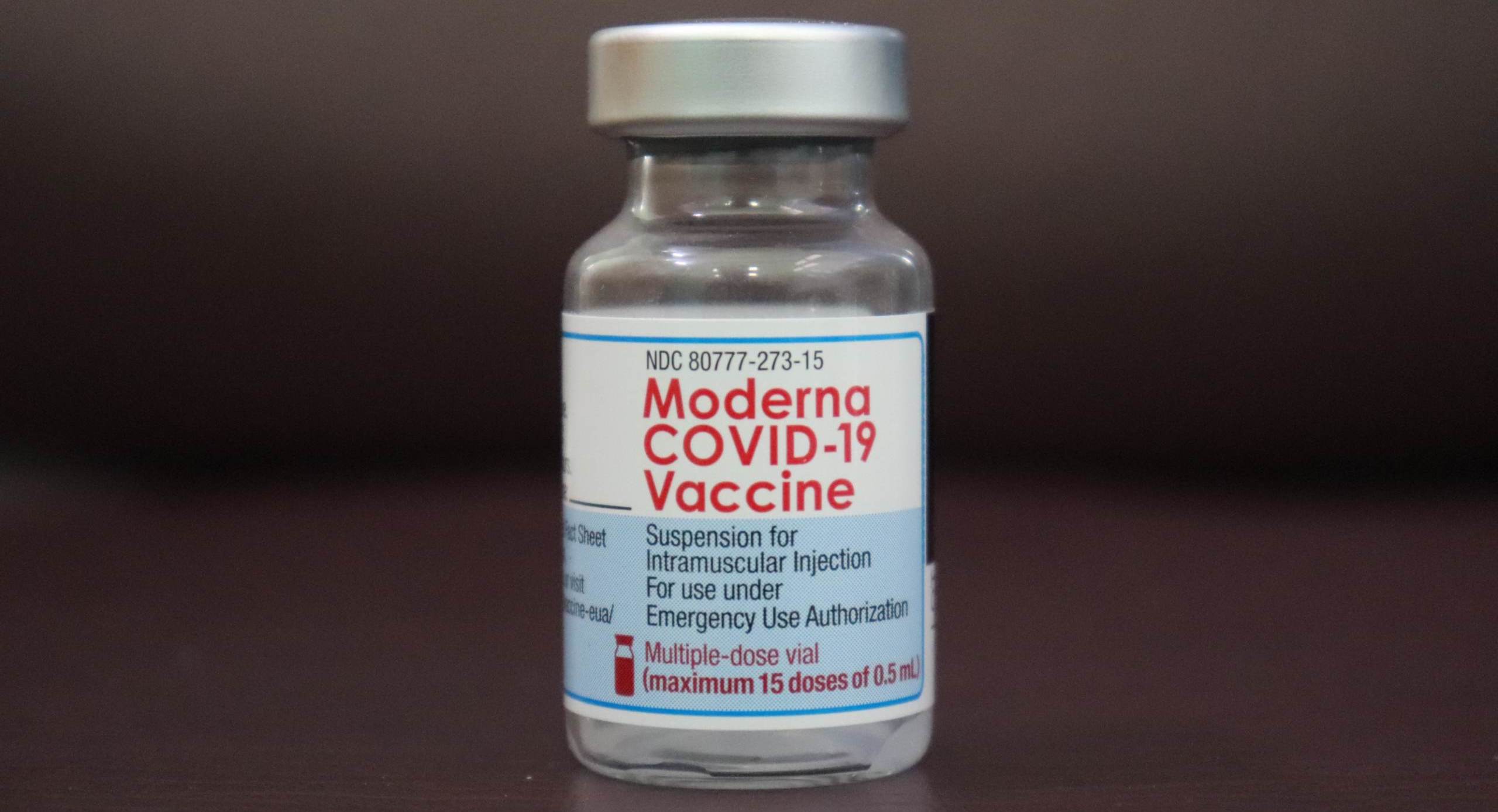
A new study conducted by scientists from the National Institutes of Health (NIH) and Moderna Inc. showed that mRNA vaccines hurt the long-term immunity to Covid-19 after contracting infection compared to unvaccinated people.
Researchers performed a placebo-controlled vaccine efficacy trial published at medRxiv last month, to evaluate anti-nucleocapsid antibody (anti-N Ab) seropositivity in Moderna vaccine efficacy after Covid-19 infection.
“To evaluate for evidence of prior infection in a person with a history of COVID-19 vaccination, a test that specifically evaluates anti-N should be used. Past infection is best determined by serologic testing that indicates the presence of anti-N antibody,” according to the CDC.
The study analyzed data from 1,789 participants (1,298 placebo recipients and 491 vaccine recipients) with Covid-19 infection at 99 sites in the US during the blinded phase (through March 2021).
The study concludes that anti-nucleocapsid antibody (anti-N Abs) may have lower sensitivity in patients vaccinated with Moderna who become infected. The study also mentioned that the anti-N Ab response in unvaccinated persons has been reported to be durable, with half-life estimates ranging from 68 to 283 days.
Among the participants with confirmed Covid-19 illness, only 21 out of 52 (40%) of people who received the Moderna shots had antibodies compared to the placebo recipients, 605 out 648 (93%).
Alex Berenson posted an in-depth analysis:
Unvaccinated people are much more likely to develop broad antibody immunity after Covid infections than people who have received mRNA shots, a new study shows.
Researchers already knew that many vaccinated people do not gain antibodies to the entire coronavirus after they are infected with Covid.
Unvaccinated people nearly always gain antibodies to the nucleocapsid protein, which covers the virus’s core of RNA, as well as its spike protein, which allows the virus to attack our cells. Vaccinated people often lack those anti-nucleocapsid antibodies and only have spike protein antibodies.
The researchers examined the development of anti-nucleocapsid antibodies in people who had been part of Moderna’s clinical trial and were infected with Covid. As they expected, the scientists found that the vaccinated people were far less likely to develop the anti-nucleocapsid antibodies. Only 40 percent of people who received the shots had antibodies, compared to 93 percent of those who did not.
But they then went a step further. Because the infected people had been in the trial, their viral loads had been precisely measured when they were found to have Covid. So the researchers were able to compare vaccinated and unvaccinated people who had the same amounts of virus in their blood.
Once again, they found that unvaccinated people were far more likely to develop anti-nucleocapsid antibodies than the jabbed. An unvaccinated person with a mild infection had a 71 percent chance of mounting an immune response that included those antibodies. A vaccinated person had about a 15 percent chance.
As the Gateway Pundit previously reported, a new report released earlier this year by the Centers for Disease Control and Prevention (CDC) revealed that unvaccinated people who recovered from COVID-19 were better protected than those who were vaccinated and not previously infected during the recent delta surge.
The researchers evaluated the data from 1.1 million Covid-19 cases among adults in California and New York (which account for 18% of the U.S. population) from May 30 to Nov. 20, 2021.
“When looking at the summer and fall of 2021, when Delta became predominant in this country, however, surviving a previous infection now provided greater protection,” CDC epidemiologist Benjamin Silk said.
The study confirmed something that we’ve known for a long time that “natural immunity” acquired through previous infection of COVID is more potent than experimental vaccines.
The post New Study Finds mRNA Vaccines Actually Hurt Long-Term Immunity to Covid Compared to the Unvaccinated appeared first on The Gateway Pundit.

